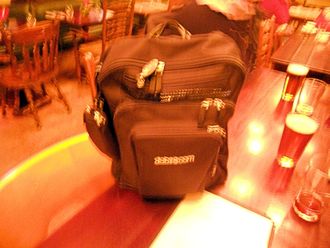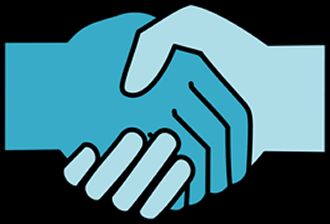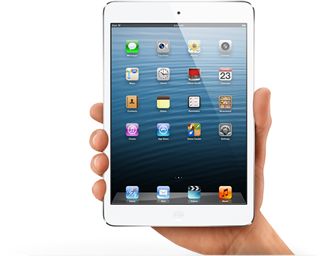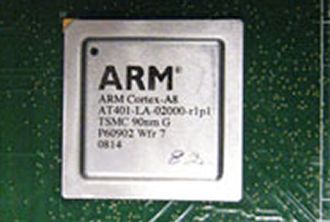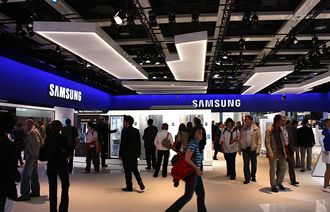 While no-one could say that the writing is on the wall for giant tech companies Intel and Microsoft, there is a warning there but so far it’s just written in invisible ink.
While no-one could say that the writing is on the wall for giant tech companies Intel and Microsoft, there is a warning there but so far it’s just written in invisible ink.
As I write this, Intel’s share price (NASDAQ:INTC) stands at $21.93 and Microsoft’s (NYSE:MSFT) at $26.90. They’ve ticked along in this way for many a long year now and the only way seems to be down.
Signs of bombers approaching have been on the radar for many a year now, and both companies seem to be like supertankers, which take an awfully long time to run round. The Vole and the Zilla have got complacent and failed to take steps years ago to re-engineer their businesses.
You still have time to have a wee and wash your hands before a PC boots up and despite the undoubted process advances Intel has made over the years, people are fleeing the Win platform in their droves.
Both companies have failed to make inroads into the smartphone and tablet market, even though they whined on and on about convergence for many a year. Handset manufacturers, by and large, do not want to be in the tender embrace of the two companies which essentially dictated what went in the PC industry.
And besides, their basic technology deeply sucks, for different reasons. Intel is forced, because of its huge capital investment commitments, to put a premium on its notebook microprocessors while it is safe to say that its much vaunted Atom range is just a total flop.
Microsoft’s software has always basically sucked anyway and it’s only by cunning marketing that it achieved its pre-eminence in this side of the business. I don’t think anyone, apart from Intel executives, have got smartphones powered by Intel Inside. Oddly enough, at an Intel Developer Forum years and years ago, when it still had its StrongARM stuff, me and a few other journos did ask why Intel just didn’t go and develop really low power devices based on the ARM chip and give people what they really wanted.
While Intel and Microsoft have been shilly-shallying and, essentially, living in the past, competition has crept up and overtaken them.
And so at some point this year, current CEO Paul Otellini is to depart from his captain’s cabin at Intel, to be replaced by who-knows-who to guide the ship into 2013 and beyond.
Right now, and as an Intel and Microsoft watcher for nigh on 30 years, I just can’t see how these particular conjurers are going to pull any rabbits out of their magic hats. Maybe they’ll specialise in producing cabbages from up their sleeves, instead.
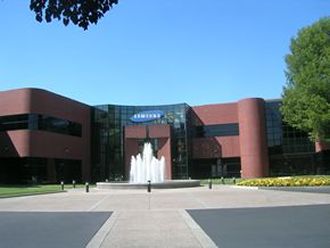 Research firm IDC has released a set of figures showing that Apple’s dominance in the tablet market has started to slide.
Research firm IDC has released a set of figures showing that Apple’s dominance in the tablet market has started to slide.